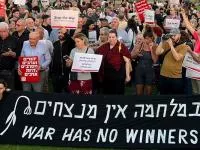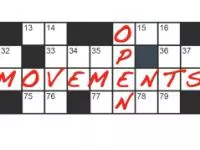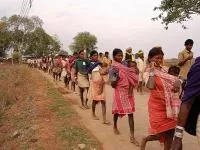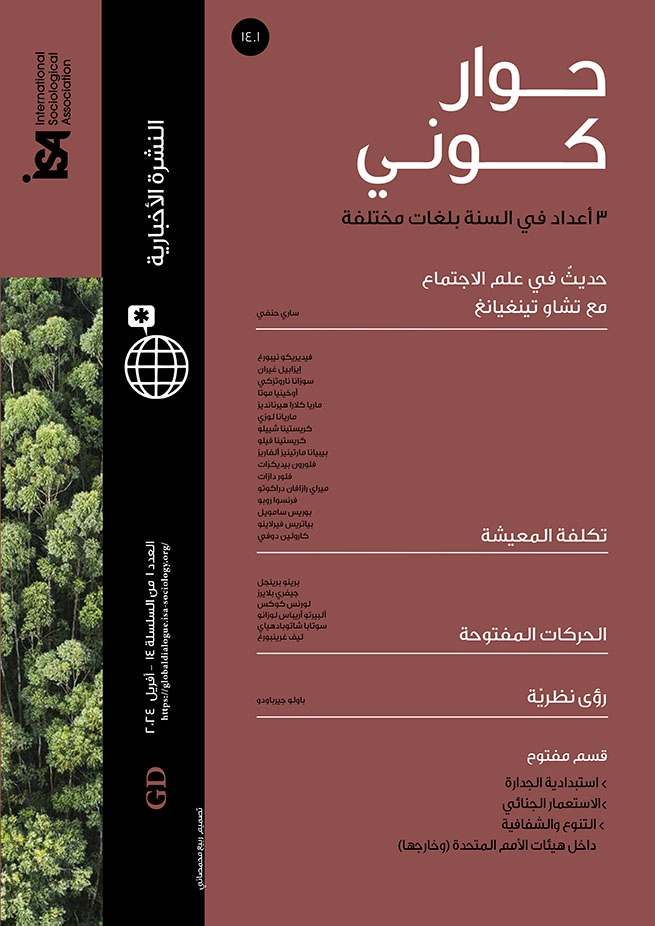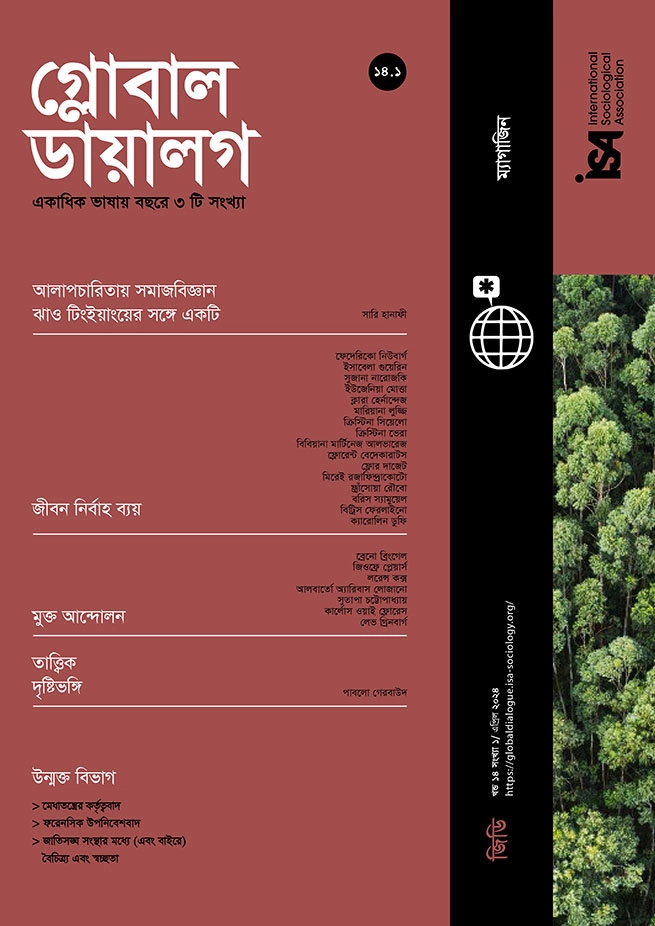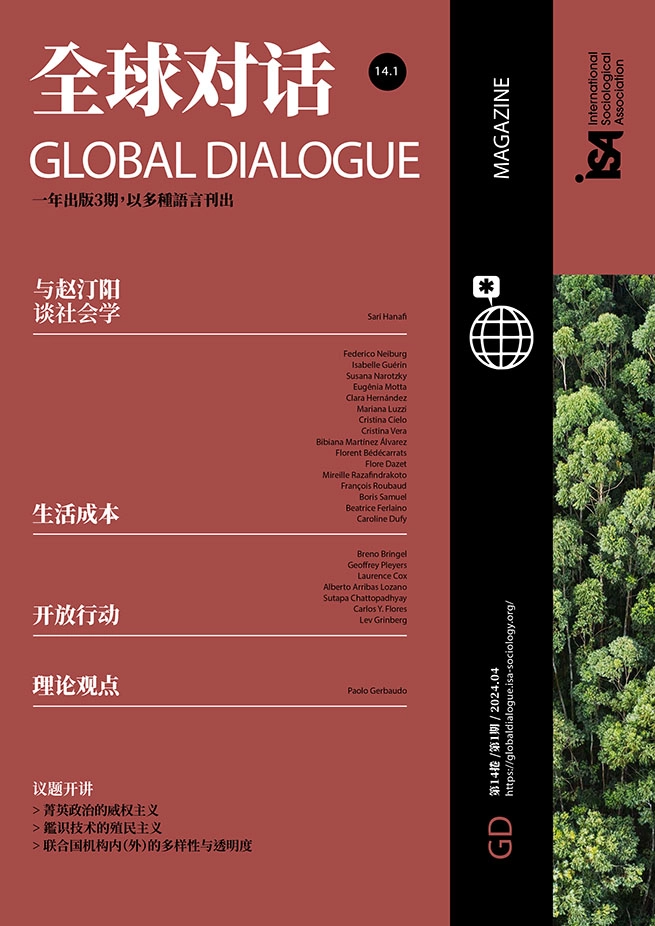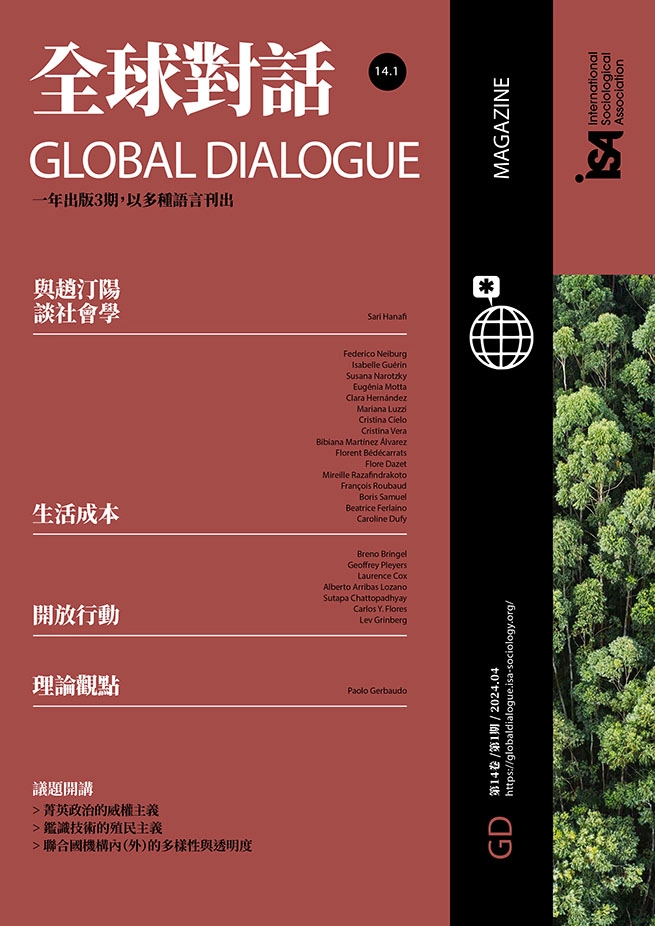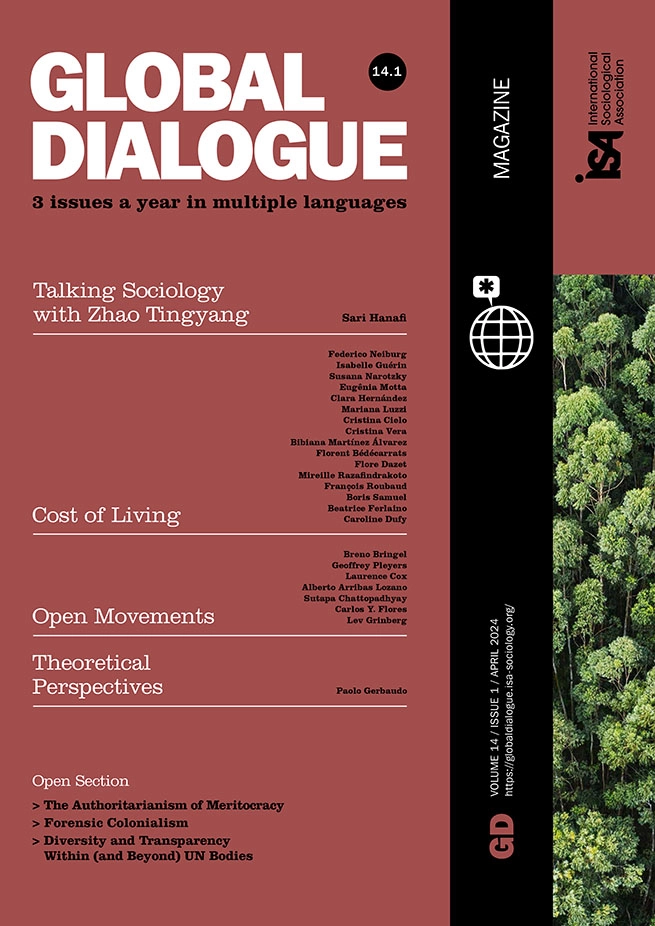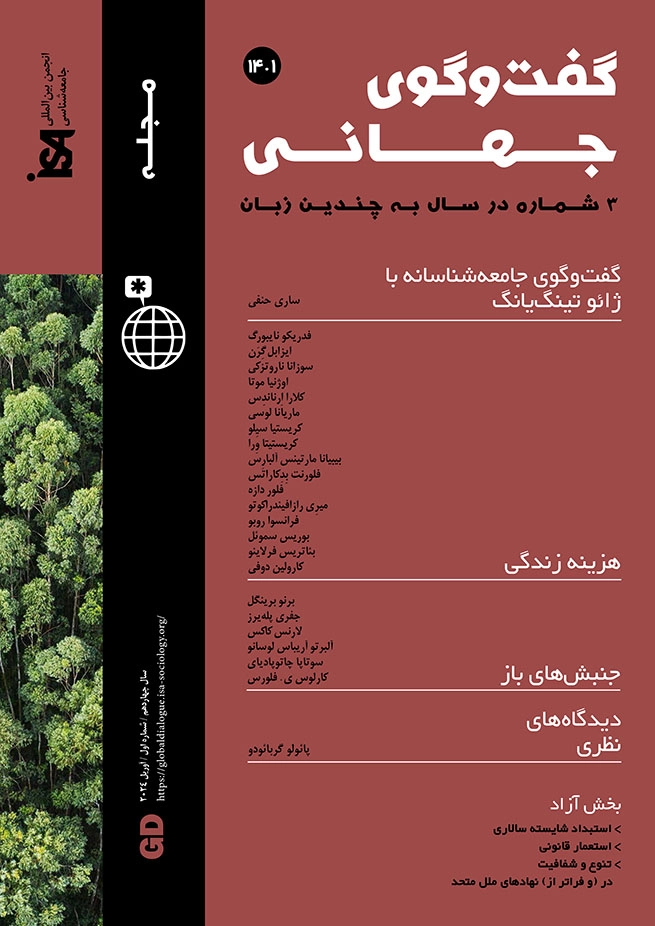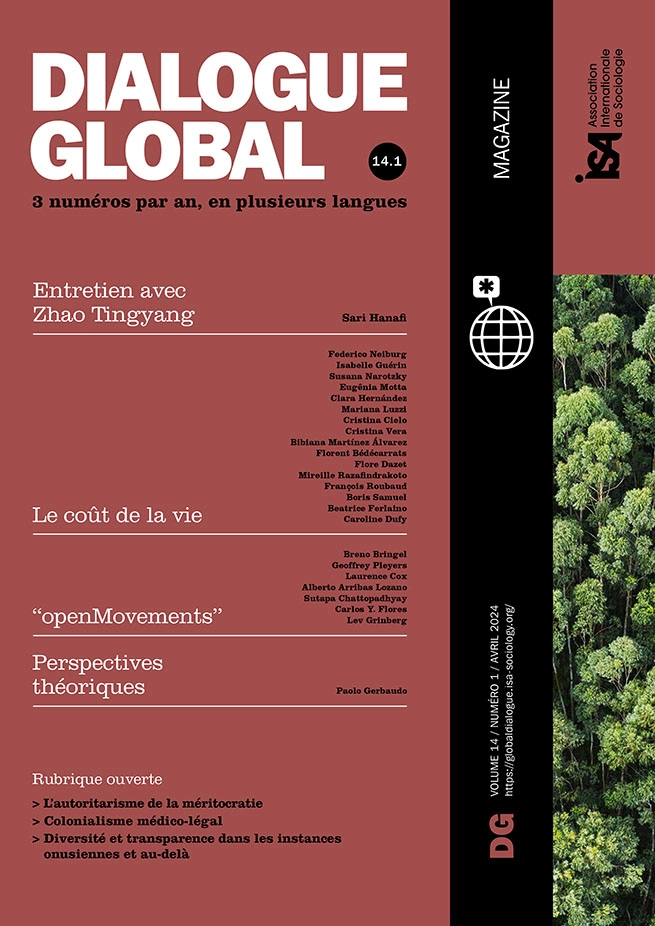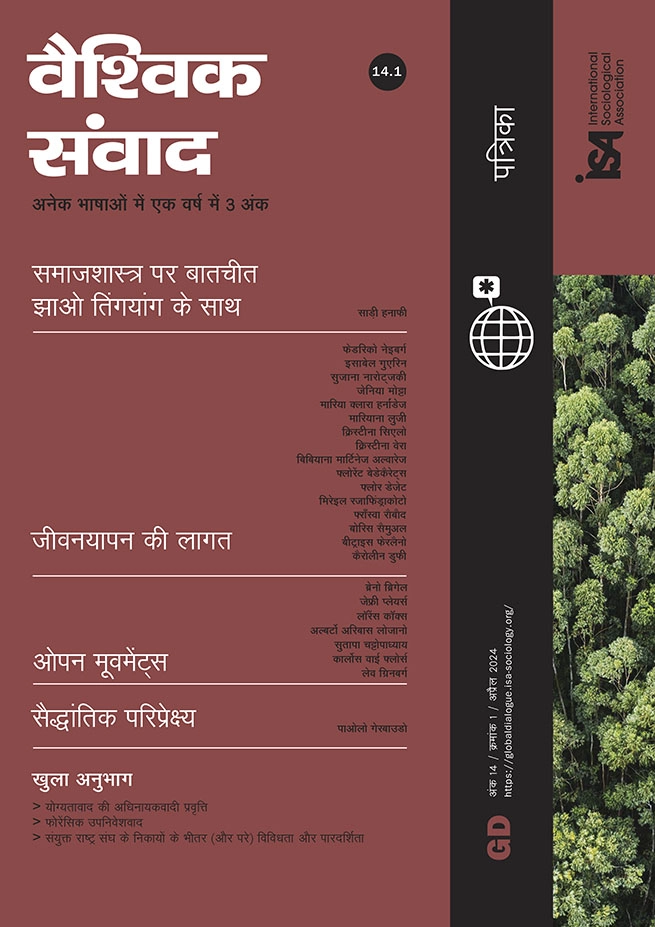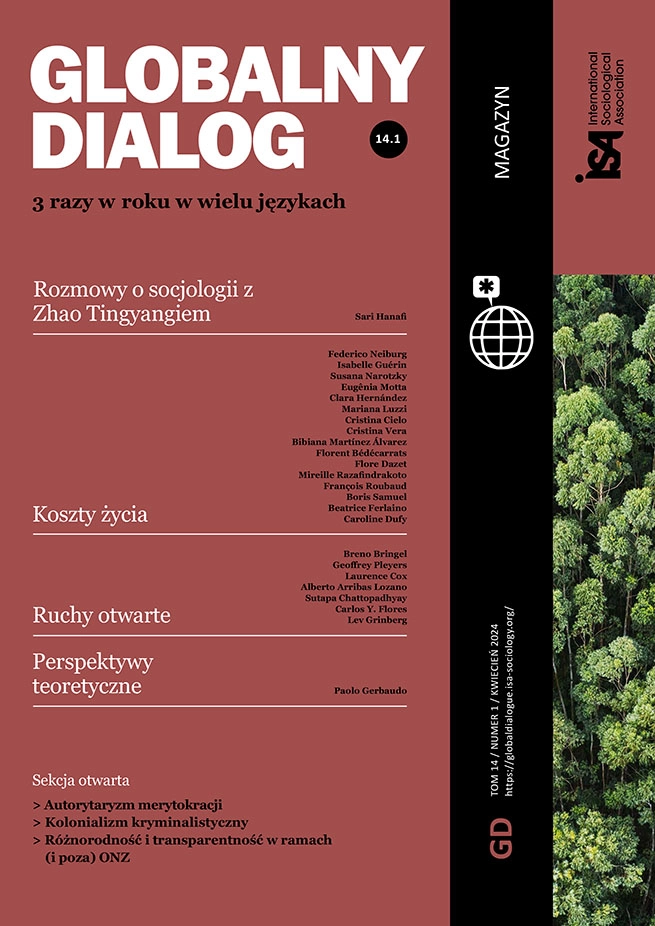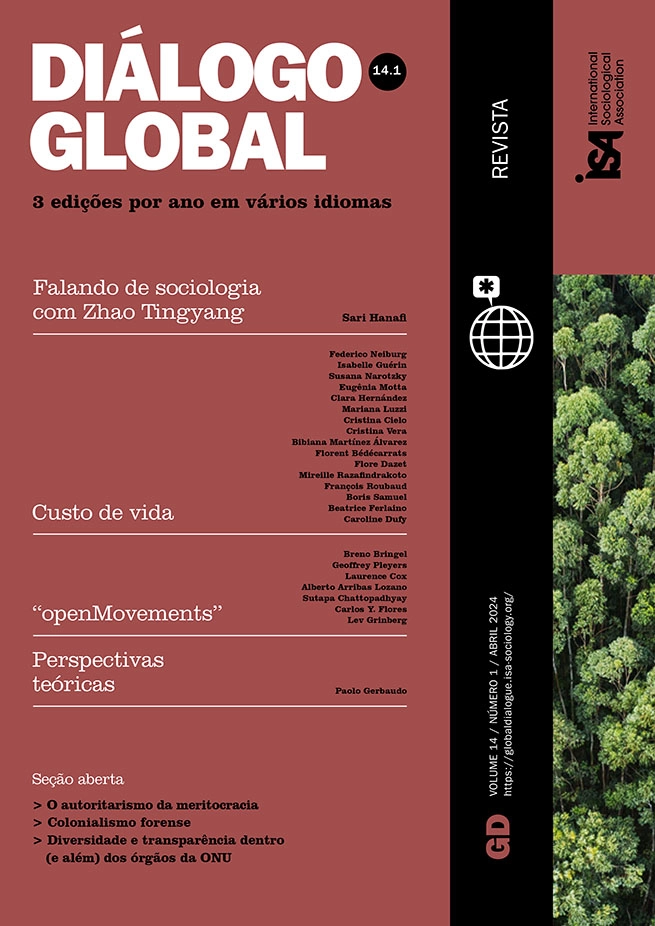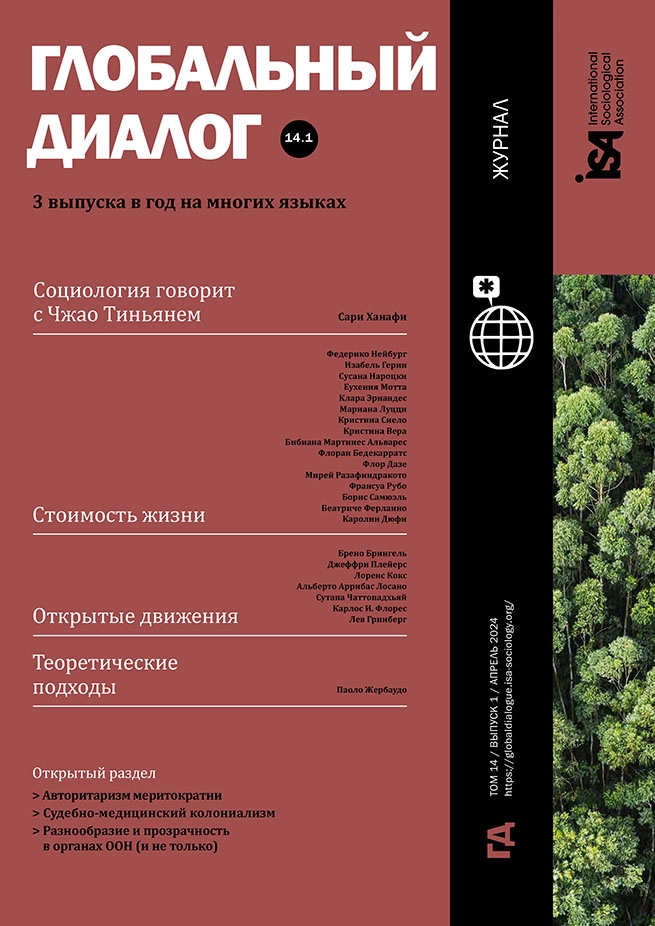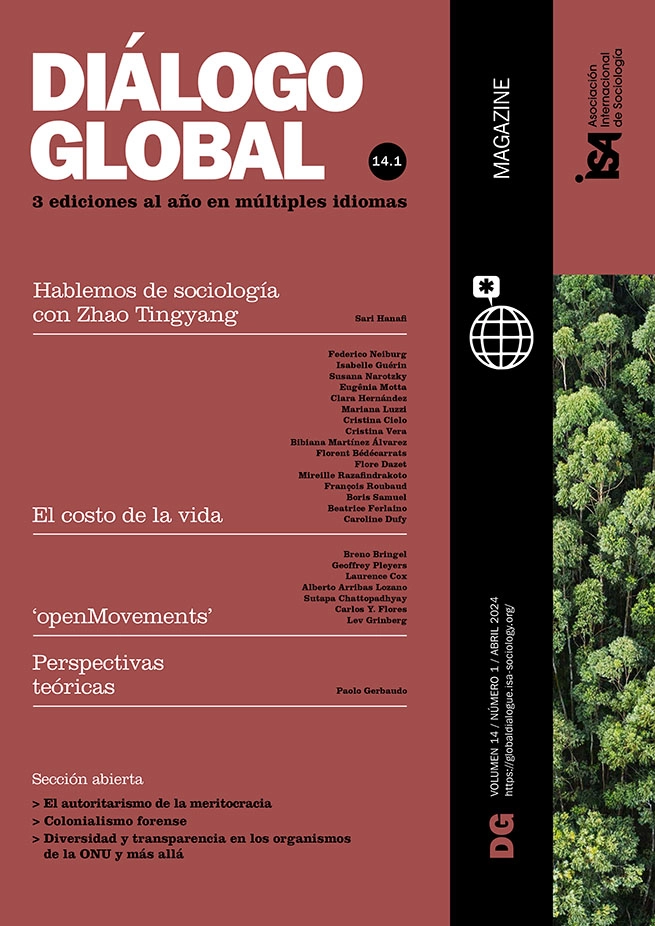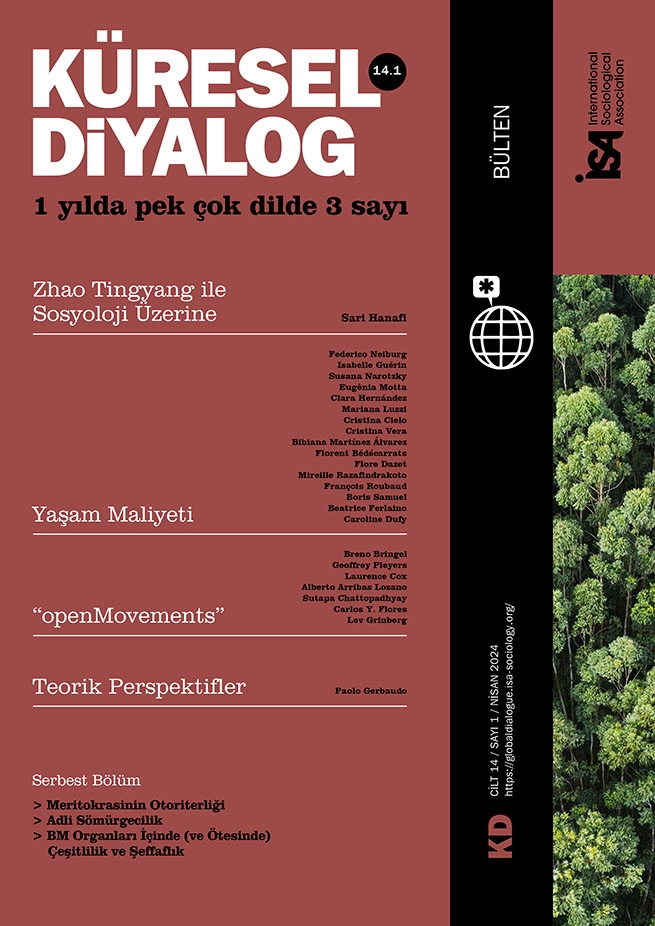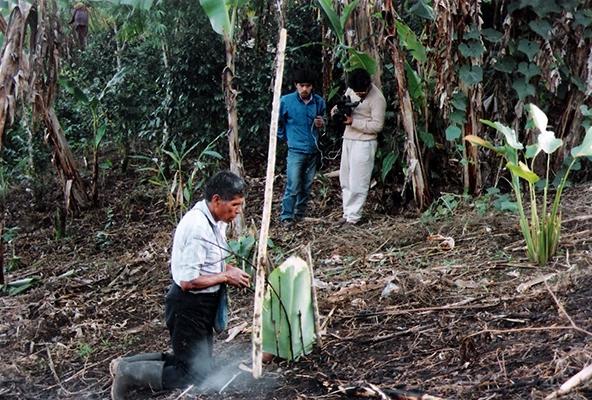Since the 1990s I have been working in collaborative video projects with community-based Mayan organizations in Guatemala. When some of these projects started, the country was emerging from a 36-year civil war that ended in 1996 and left nearly 200,000 dead and more than 45,000 disappeared, most of them civilian members of indigenous communities. After such overwhelming effects of armed conflict, Mayan social movements and organizations reemerged to demand rights and justice from a largely non-indigenous state. Video became an important educational tool in some areas not only to reinforce ethnic identity and political claims, but also to counter hegemonic non-indigenous narratives about their lives, politics, and cultural practices.
My role as a visual anthropologist trained in the West was to help structure the narratives of visual materials mainly using the camera work of the people involved in the projects and to discuss with them the crucial editing process from which messages would emerge for diverse publics. First among Maya-Q’eqchi’ and later within Maya-K’iche’ communities, we produced several documentaries related to cultural practices, memory, and justice for villagers killed during the war, and finally we addressed struggles for legal autonomy and respect for their own forms of law and dispute resolution. What I came to realize from these video experiences with Mayan communities, however, is that such collaborative outputs are far from straightforward and involve complex interactions and understandings, particularly since our different socioeconomic and cultural backgrounds shape diverse expectations concerning the projects.
The modern/colonial legacy
There are two fundamental dimensions which, to different degrees, have affected not only my own collaborative work among Mayan organizations, but also the efforts of many researchers working with social movements, particularly in the so-called Global South. These are modernity and colonialism: two sides of the same process of Western expansion, as numerous scholars have observed. On one hand, the modern tradition, following supposedly objective positions based on scientific truth, has tended to develop particular criteria and institutional discourses to construct hegemonic proposals of how to interact with nature and social life; these do not always correspond to the ways people in the field construct their realities. Colonialism, on the other hand, has at the same time engendered an unequal power relationship between subjects in the field and researchers, in addition to naturalizing the existence of a cultural “Other” who is not only different but also lives in separate times and spaces. This separation has frequently functioned to enforce codes of dominance, subjugation, and cultural difference.
Following such logics, global elites formed in traditions of Western liberal/Enlightenment thought have historically established themselves as the normative citizens from whom cultural “Others” have been enunciated and defined. This assigned identity of subalternity (like that of race or gender) has been naturalized and become almost invisible through the imposition of a “universality” supposedly capable of constructing objective realities. Clearly, subjects in the field interacting with researchers in contexts of social inequality have experienced reduced capacity to assert their visions of the ways in which their lives and those of their communities have been conceived from the centers of power.
The collaborative construction of audiovisual materials with Mayan video makers helped me to understand how power relations conceptually define the ways in which things are understood or not understood in any given society, which in turn validates and prioritizes certain forms of knowledge with respect to others. For example, Mayan filmmakers and communal authorities understand Maya K’iche’ law practices as part of an integral system based on Mayan values, principles, and worldviews, in contrast to the dominant and frequent media portrayals of indigenous law as “rough justice”.
New approaches
Within this context of epistemic domination, self-reflexive and revisionist perspectives within the social sciences are developing critical and productive perspective on the objectives, aims, and methods of visual research. It is now possible to rethink new forms of relationship and collaboration, which is generating more creative practices and projects in visual research projects in general. The divisions between researchers and cultural “Others” have also been eroded: a growing number of researchers either work in shared projects with the communities they study or maintain different degrees of belonging to those communities. Their practices are influenced by their cultural identification, academic training, and political positioning. This shift entails the promise, not always fulfilled, of less hierarchical and more horizontal interactions between participants in such research projects.
Social science research tends to privilege the written text, which makes research outputs inaccessible to communities with low levels of literacy or familiarity with modernity’s dominant tropes and frames. The use of audiovisual resources for social research therefore acquires particular importance in helping to reduce the distance between participants in research projects, since they can facilitate the collaborative construction of research outputs and provide spaces of encounter for the perspectives of people who come from distinct cultural backgrounds and experiences. These kinds of research outputs can circulate more widely among audiences who may have a different relationship with worlds based on the written word. Many collaborative experiences of researchers and local communities using audiovisual media across Africa, Asia and Latin America hold the potential to support social movements better in defending their educational, political, economic, territorial, legal, environmental, and cultural interests and claims.
So, what is at stake is the possibility of structuring and socially validating practices through which alternative epistemologies – in this case, Mayan claims – and collaborative and intertextual video can be articulated. Such ways of understanding reality should not be thought of as radically different or incommensurable with hegemonic norms. Instead, the challenge lies in decentering the validation of knowledge production and of social practices and lifeworlds which exist at the margins of dominant cultures.
Carlos Y. Flores, Universidad Autónoma del Estado de Morelos, Mexico <carlosyflores@aol.com>
